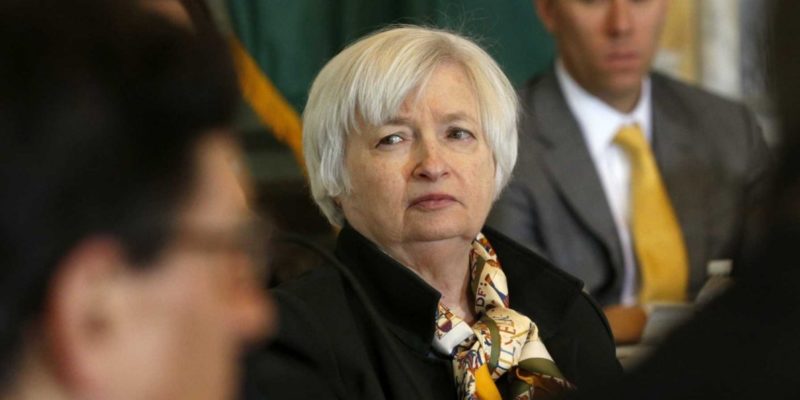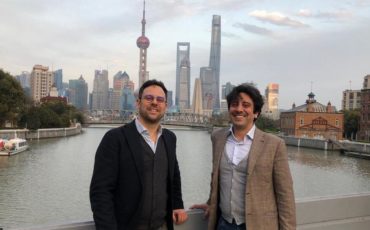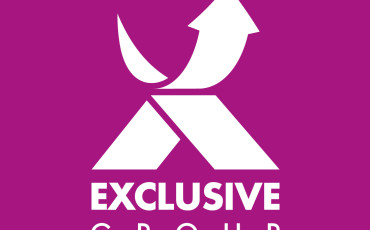Chances the U.S. Federal Reserve will raise interest rates in December have shot up in the past month, according to a Reuters poll that showed economists are more convinced a move is on its way despite weak inflation and wage growth.
Several Fed officials have recently suggested the economy is nearly ready for higher rates, raising expectations for a September hike, but Fed Governor Lael Brainard surprised many with a cautious approach in a speech earlier this week. Still, the consensus view from over 100 economists polled by Reuters in the past week showed the fed funds target rate will rise to 0.50-0.75 percent in the fourth quarter, with a median 70 percent probability of a December move. In last month’s poll the probability was 57.5 percent. Markets are pricing the chances at under 40 percent. That would mark a year since the Fed last raised rates and underscores the trouble it has had in hiking even once, against initial estimates it made in December of four increases this year. A litany of concerns have stood in the way, including China’s slowing economy and a market selloff at the start of the year as well as Britain’s vote to leave the European Union. Many had begun to predict the Fed would not raise rates at all in 2016. But Fed Chair Janet Yellen (picture) said in August the case for higher rates had strengthened, highlighting the possibility of a near-term hike.
“Assuming the economic trends have not changed dramatically between now and then, we continue to see steady growth in the housing market, in consumer spending, and in the labor market, those are all very valid reasons to raise rates in December,” said Jennifer Lee, economist at BMO Capital Markets. The median probability provided by economists of such a move at the conclusion of the Sept. 20-21 meeting was about one-in-four, slightly higher than market pricing, and only 6 percent of those surveyed actually held that as their forecast. A hike in the fourth quarter, by contrast, was the central view of 76 percent of respondents. Given the November policy review is days before the U.S. presidential election, December is the only real option if the Fed passes this month. The poll forecast the Fed will hike twice more in 2017, taking rates to 1.00-1.25 percent.
CONVICTION RISING
The Fed is on a divergent path compared to its developed market peers, especially the European Central Bank which is expected to announce an extension to its asset purchase program before year end. [ECILT/EU] In response to a separate question, around one-quarter of 47 economists said their conviction around a Fed hike this year had increased in the past month, while about 60 percent said it had stayed the same. Only seven said they were less convinced. After a weaker-than-expected 1.1 percent annualized pace of expansion in the second quarter, the U.S. economy likely picked up pace and is expected to expand 2.8 percent in the third quarter. Quarterly growth is forecast to average around the trend rate before the financial crisis, 2.1-2.3 percent until the end of 2017, despite recent history of more erratic growth. Forecasts from now until end-2017 ranged from 1.2-3.9 percent.
ALSO IN BUSINESS NEWS
For Yellen, a september Fed surprise could close confidence gap Asia stocks rise before central bank meetings, oil bounces. The poll gave a 20 percent probability of recession in the coming year, with forecasts ranging from 5 percent to 55 percent. But the Fed’s preferred inflation gauge, the core personal consumption expenditure price index, will languish below the central bank’s 2 percent goal until the end of 2017, the poll showed. A combination of low unemployment, subdued growth and inflation has confounded policymakers. The Fed’s message moved from caution to signaling imminent rate hikes several times this year on hopes for an inflation pick-up that never materialized. Last year, the Fed surprised markets by holding rates steady in June and delaying a hike until December, reminiscent of the time when it held off on tapering its asset purchase program for months. “My forecast for Federal Reserve interest rate policy has essentially remained uncertain, somewhat confused, ever-changing, and unimportant,” said Hugh Johnson, an independent economist.
(Polling by Krishna Eluri and Sujith Pai; Editing by Meredith Mazzilli)






